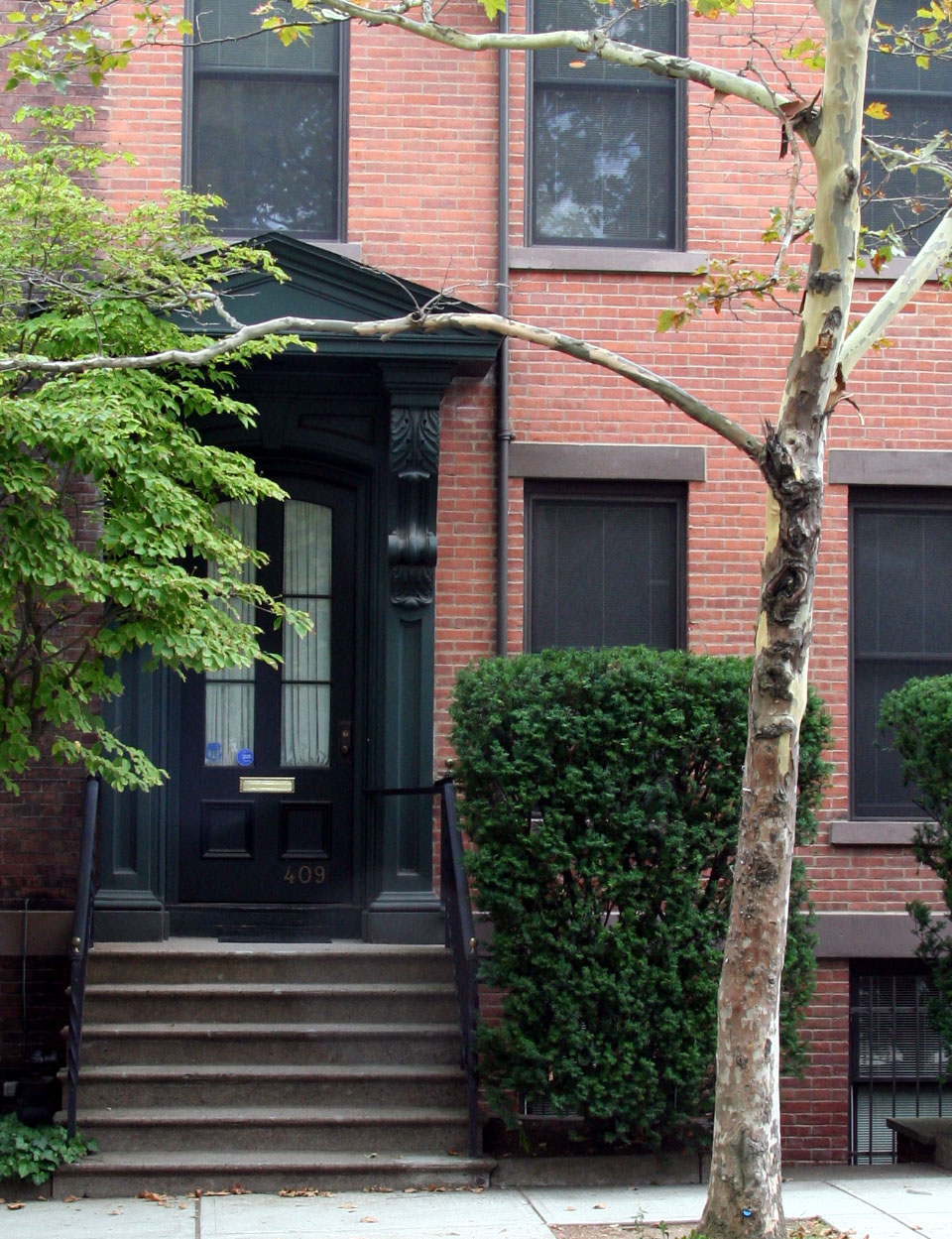December 1, 1807. · [N.p., but Washington]
by Jefferson, Thomas
[N.p., but Washington], December 1, 1807.. [1]p., on a single quarto sheet. Old folds. Neat separation at center horizontal fold and small tears in edges expertly mended. Backed with thin Japanese paper. Minor soiling. Good. An interesting letter from President Thomas Jefferson to British Ambassador David Erskine, sending him a gift of pecan nuts and a book. The nuts were to be sent to Erskine's father, Lord Thomas Erskine, then Lord Chancellor of England. Jefferson writes:
"Th. Jefferson presents his respects to Mr. Erskine and begs leave through him to present a bag of Paccan nuts (Juglans Paccan) for the acceptance of Lord Erskine & as a mark of his respect for him. They are of this year's crop & will probably vegetate if planted before the spring; and the sooner the better, they may perhaps be a year in the ground. They bear our climate to the northward of this where the degree of cold is much greater than in the middle parts of England. The richer the soil they are planted in, the more thrifty will they be. He sends also Mde. de Stael's Corrine for the perusal of Mr. Erskine & Mr. Foster."
The note has been docketed: "From the President Jefferson of the U.S. of America."
David Erskine served as the British Ambassador to the United States from 1807 to 1809. He had lived in the United States for some time after graduating from Cambridge, and was married to an American. Both he and his father tended to be pro-American in their views. After the fall of the "Ministry of All Talents," which turned his father out of office, David Erskine was fired as Ambassador by the new Foreign Secretary, Canning, who thought Erskine had gone too far in his offers to compromise over the Chesapeake- Leopard affair. This gift certainly illustrates his friendly relationship with Jefferson.
The development of varied plantings of trees and plants from around the world was a passion of many British aristocrats from the early 18th century. Jefferson's gift, highlighting his own passion for plantings, was also a canny way of reaching out to those in power in England, using an American product, in a way which could not be construed as a political gaffe. (Inventory #: WRCAM46081)
"Th. Jefferson presents his respects to Mr. Erskine and begs leave through him to present a bag of Paccan nuts (Juglans Paccan) for the acceptance of Lord Erskine & as a mark of his respect for him. They are of this year's crop & will probably vegetate if planted before the spring; and the sooner the better, they may perhaps be a year in the ground. They bear our climate to the northward of this where the degree of cold is much greater than in the middle parts of England. The richer the soil they are planted in, the more thrifty will they be. He sends also Mde. de Stael's Corrine for the perusal of Mr. Erskine & Mr. Foster."
The note has been docketed: "From the President Jefferson of the U.S. of America."
David Erskine served as the British Ambassador to the United States from 1807 to 1809. He had lived in the United States for some time after graduating from Cambridge, and was married to an American. Both he and his father tended to be pro-American in their views. After the fall of the "Ministry of All Talents," which turned his father out of office, David Erskine was fired as Ambassador by the new Foreign Secretary, Canning, who thought Erskine had gone too far in his offers to compromise over the Chesapeake- Leopard affair. This gift certainly illustrates his friendly relationship with Jefferson.
The development of varied plantings of trees and plants from around the world was a passion of many British aristocrats from the early 18th century. Jefferson's gift, highlighting his own passion for plantings, was also a canny way of reaching out to those in power in England, using an American product, in a way which could not be construed as a political gaffe. (Inventory #: WRCAM46081)



